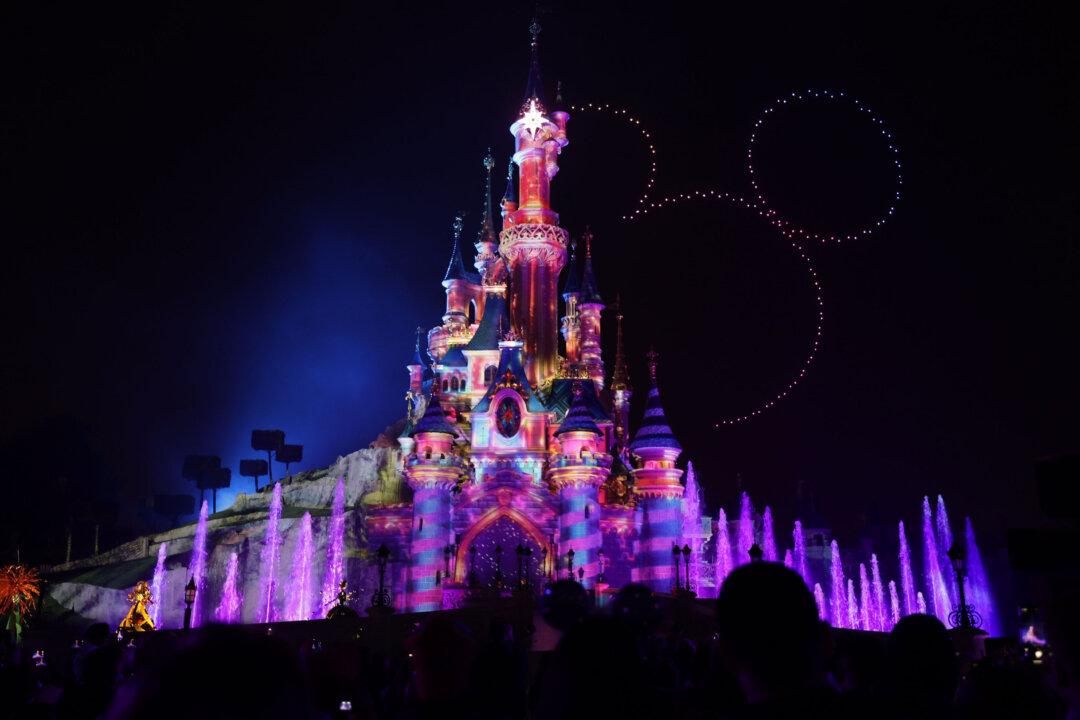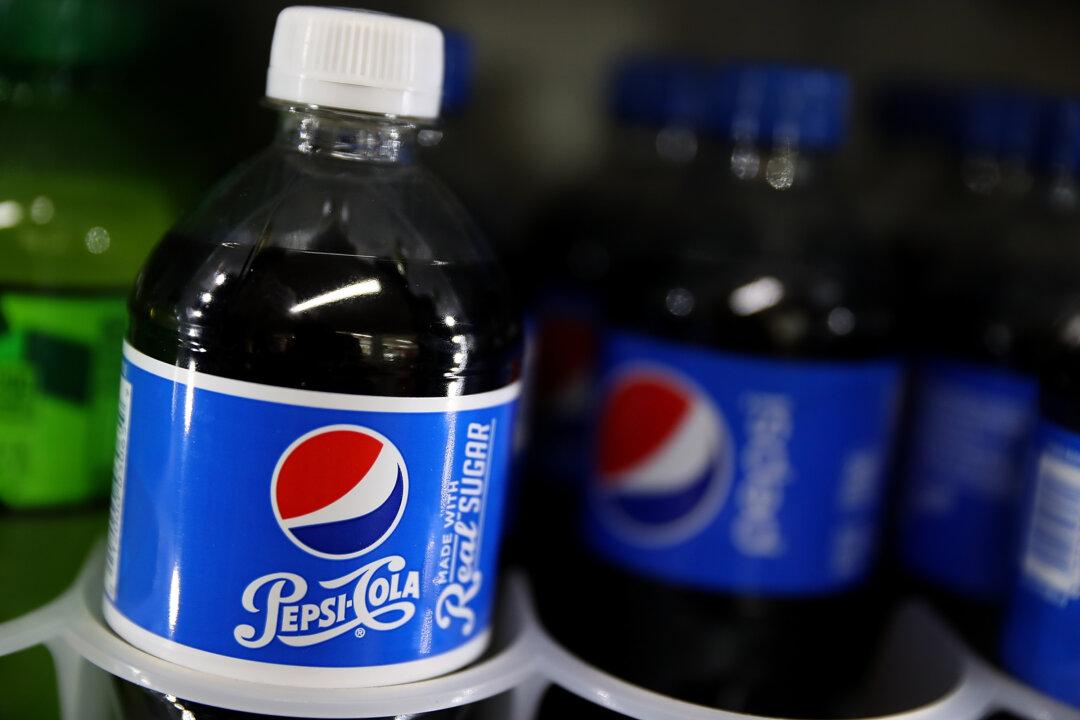In looking through the list of films being released in 2022 by the Walt Disney Co., it is difficult not to experience an acute sense of déjà vu. No other Hollywood studio can rival Disney when it comes to churning out surplus amounts of remakes, reboots, and franchise extensions for its content.
During the first half of this year, Disney offered another entry in the Ice Age franchise (“The Ice Age Adventures of Buck Wild”), an all-star remake of the 1978 Oscar-winning mystery “Death on the Nile,” a gender-swapped version of “Cinderella” called “Sneakerella,” a new version of “Cheaper by the Dozen,” the latest Marvel Cinematic Universe entry “Doctor Strange in the Multiverse of Madness,” a big-screen version of the long-running TV series “Bob’s Burgers,” a hipster film reboot of TV series “Chip ‘n Dale Rescue Rangers,” and a “Toy Story” backstory adventure with “Lightyear.” The Disney+ titles “Turning Red” and “Better Nate Than Ever” represented the very few original concept productions under the Disney banner.





